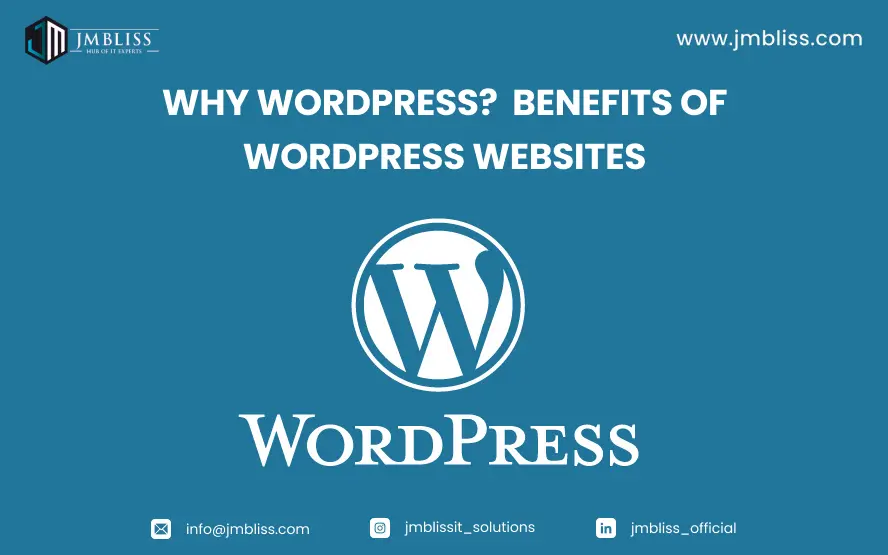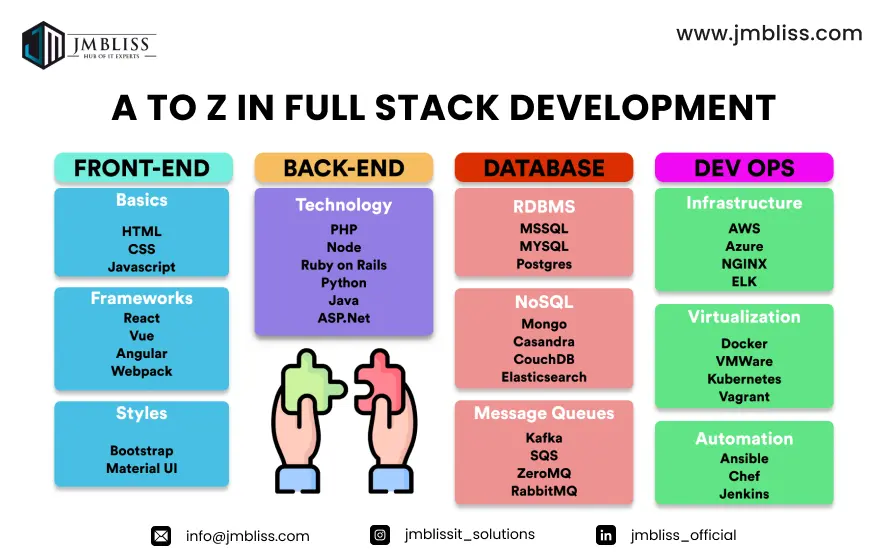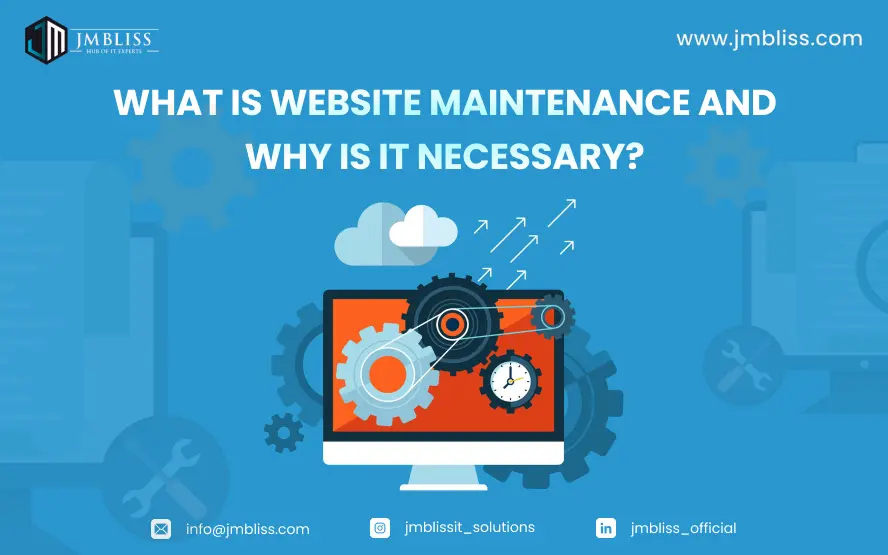
What is WordPress?
WordPress powers nearly one-third of the world’s websites, from small personal blogs to the complex sites of major corporations such as Sony, Time Inc., the New York Post, and NBC.
WordPress is only one of the site builders and content management systems users can download and install for free, but it has unique features that make it the most popular content management system in use today.
Benefits of using the WordPress Platform
Here’s a look at a few key benefits of using WordPress to set up and run your business or personal site.
1.Flexible and Adaptable for Changing Needs
Although WordPress was originally designed to support blogging and related types of online publishing, it also powers a wide range of sites with other purposes. WordPress is used to run complex sites for large multinational corporations, manage small businesses, and create personal blogs. WordPress sites can contain full-service eCommerce stores, showcase a portfolio, or host a social network, group, or podcast. Thanks to its many themes and easy access to its source files, WordPress is also endlessly adaptable to a company’s changing needs.
2.User-friendly—Even for Beginners
WordPress is known for its ease of use, even for beginners. Its intuitive interface allows users to create and manage websites without requiring extensive technical knowledge or coding skills. Content creation, editing, and publishing can be done effortlessly using its visual editor.
- Themes Offer Multiple Options
WordPress themes offer users an array of choices for fine-tuning the appearance and functions of a new site, thanks to its large and growing directory basic and premium of themes. Many of these are instantly available to a new site owner through the WordPress theme directory, and thousands more can be purchased through design marketplaces and third-party designers from around the world. Themes can be previewed live and installed at any time to change the look and layout of a WordPress site.
- Plugins Extend Functionality
WordPress includes all the elements needed to create a basic site, but many users want more specialized functions related to a site’s specific needs. The WordPress plugin directory includes hundreds of plugins—small pieces of code designed to perform specific tasks—that allow users to add features such as shopping carts, galleries, contact forms, and more to any compatible WordPress site. Users can also purchase and install hundreds of custom plugins from third-party developers.
- WordPress Sites Rank High
Searchability is key to ranking high on Google and other search engines. WordPress sites tend to rank high for their keywords, largely because they’re constantly being updated and because WordPress includes a variety of tools and plugins for optimizing content for SEO (search engine optimization).
- WordPress Sites Are Mobile Responsive
With the increasing use of mobile devices, having a mobile-responsive website is crucial. WordPress themes are designed to be mobile-friendly, ensuring that your website looks and functions well across various screen sizes and devices.Mobile responsiveness is also a factor in Google rankings, so websites need to look good on any device. WordPress offers a variety of responsive theme designs, and users can also make a static site responsive with plugins and adjustments to theme files.
- WordPress Sites Have a Built-In Blog
Since WordPress is a content management system software, it has multiple features that make publishing content easy. One of these is a “built-in” blog feature that can be accessed from any device, at any time, so that users who want to add a blog to their website don’t have to create one separately. That makes it possible even for sites unrelated to blogging to use the blog feature for adding updates or announcements.
8. The WordPress Community Offers Support
Because WordPress is free and open source, it’s supported by WordPress-loving communities around the world. This community of WordPress lovers is responsible for making changes to the source files and keeping WordPress updated and secure. The WordPress community also engages in plenty of outreach to users, hosting WordPress camps around the world and supporting the growth of local WordPress user groups.
 Get A Quote
Get A Quote




